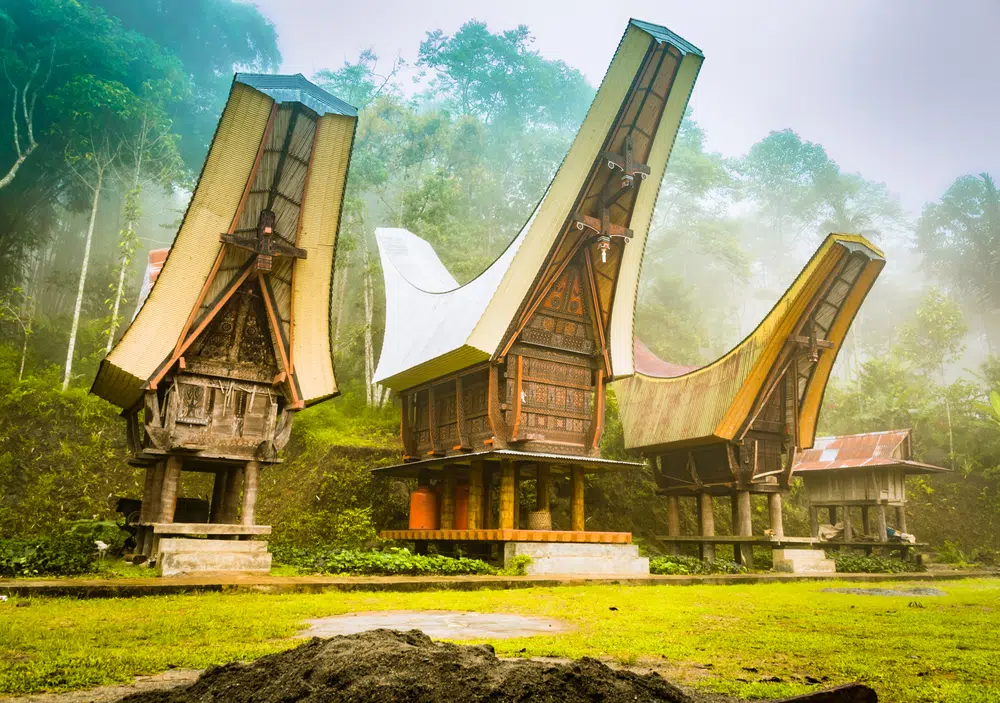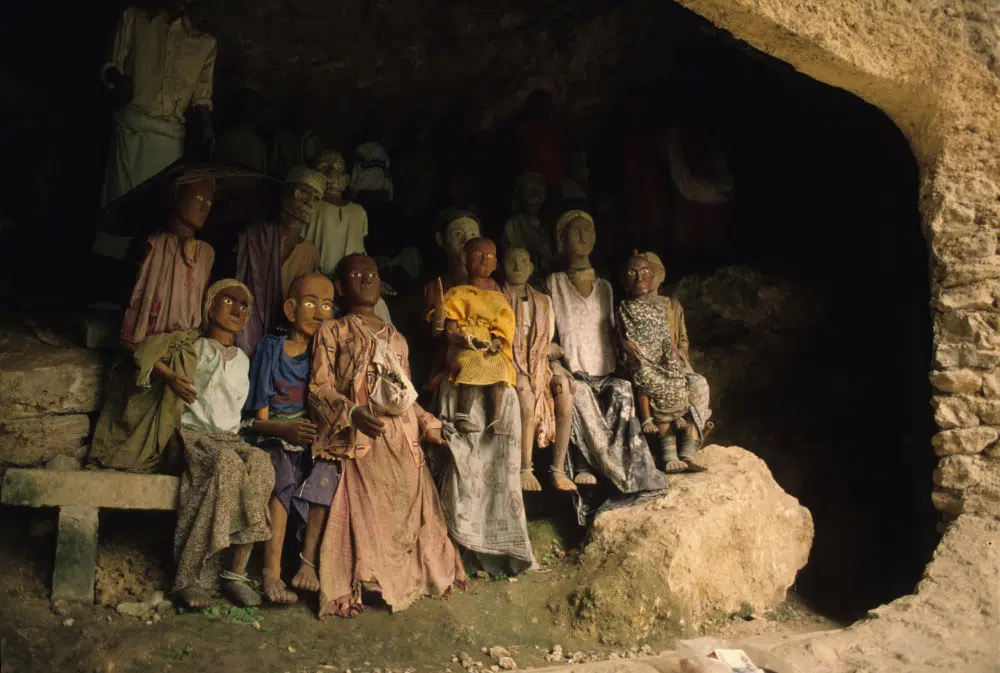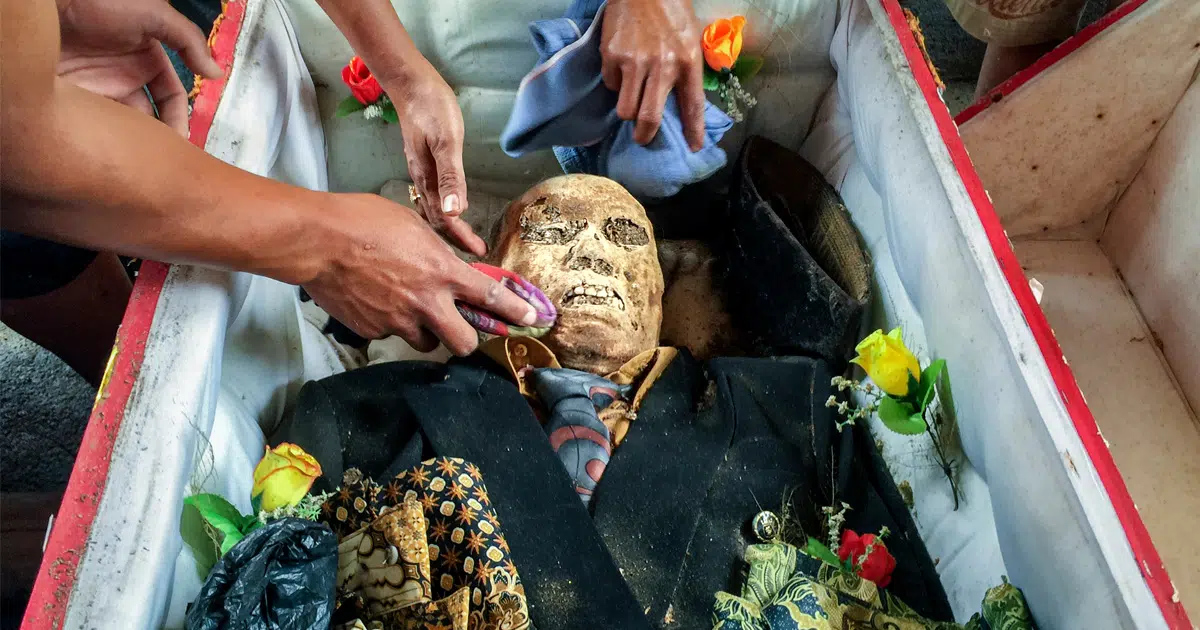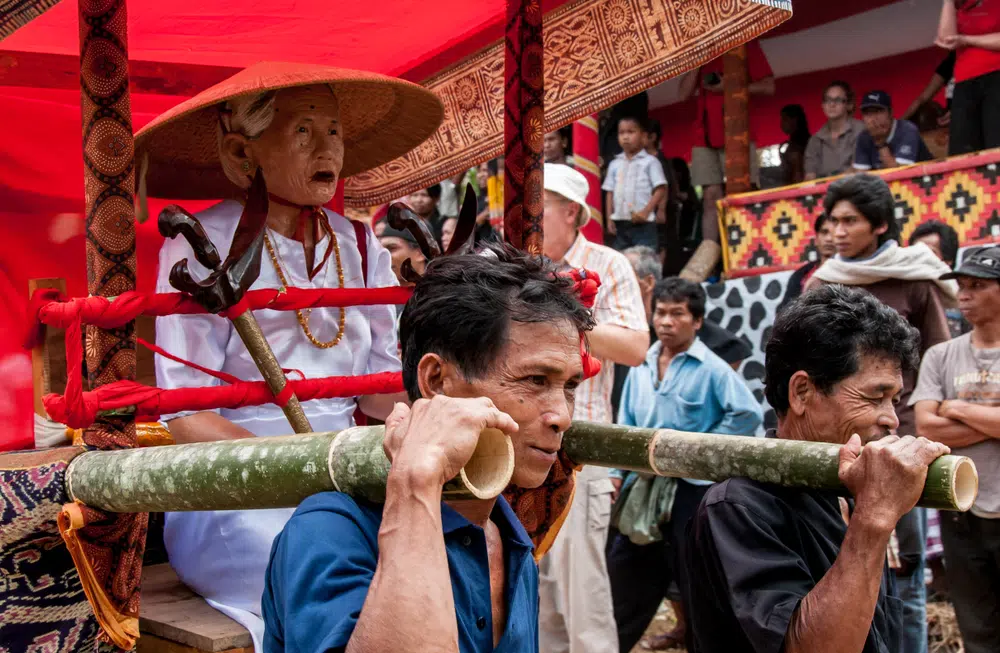The Walking Dead Of Tana Toraja
Featured in Ripley's Believe It or Not!
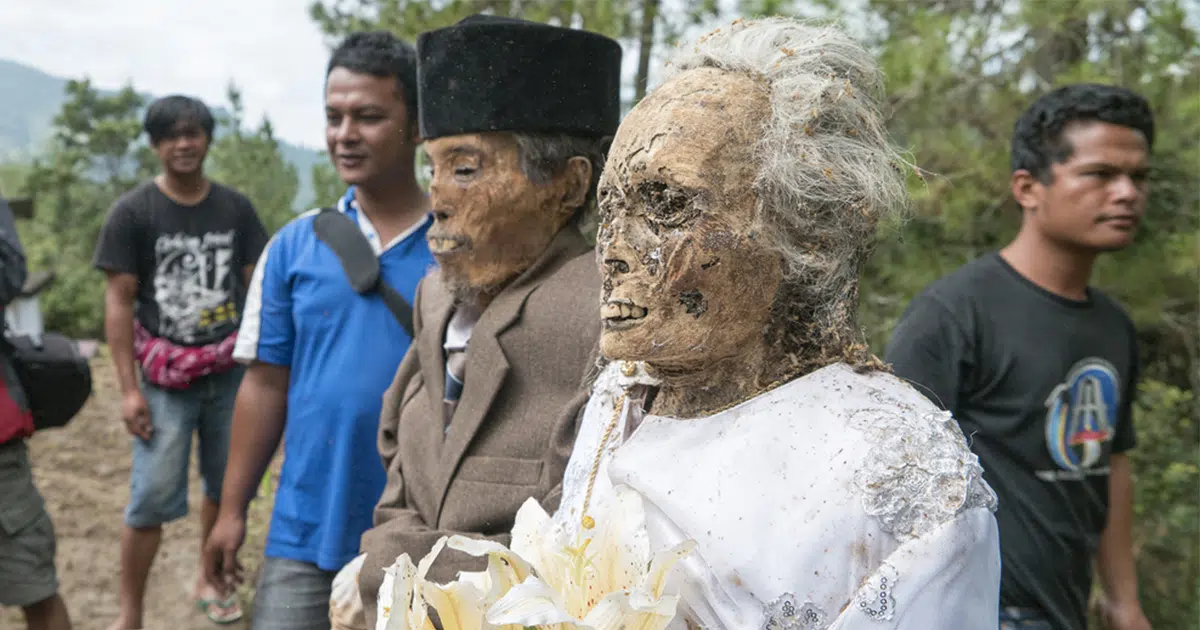
For residents of Tana Toraja, the walking dead are more than just a phantasmic phenomenon—it’s a reality!
However, unlike those from the hit TV series and despite viral rumors to the contrary, these corpses do stay dead. Located in the mountainous island of South Sulawesi, deep in the heart of the lush jungles of eastern Indonesia, Tana Toraja is known as the “Land of the Heavenly Kings.” There, Torajans are renowned worldwide for their beautiful tropical climate, harvesting delicious arabica coffee and cocoa beans…and their bizarre funerary rites.

